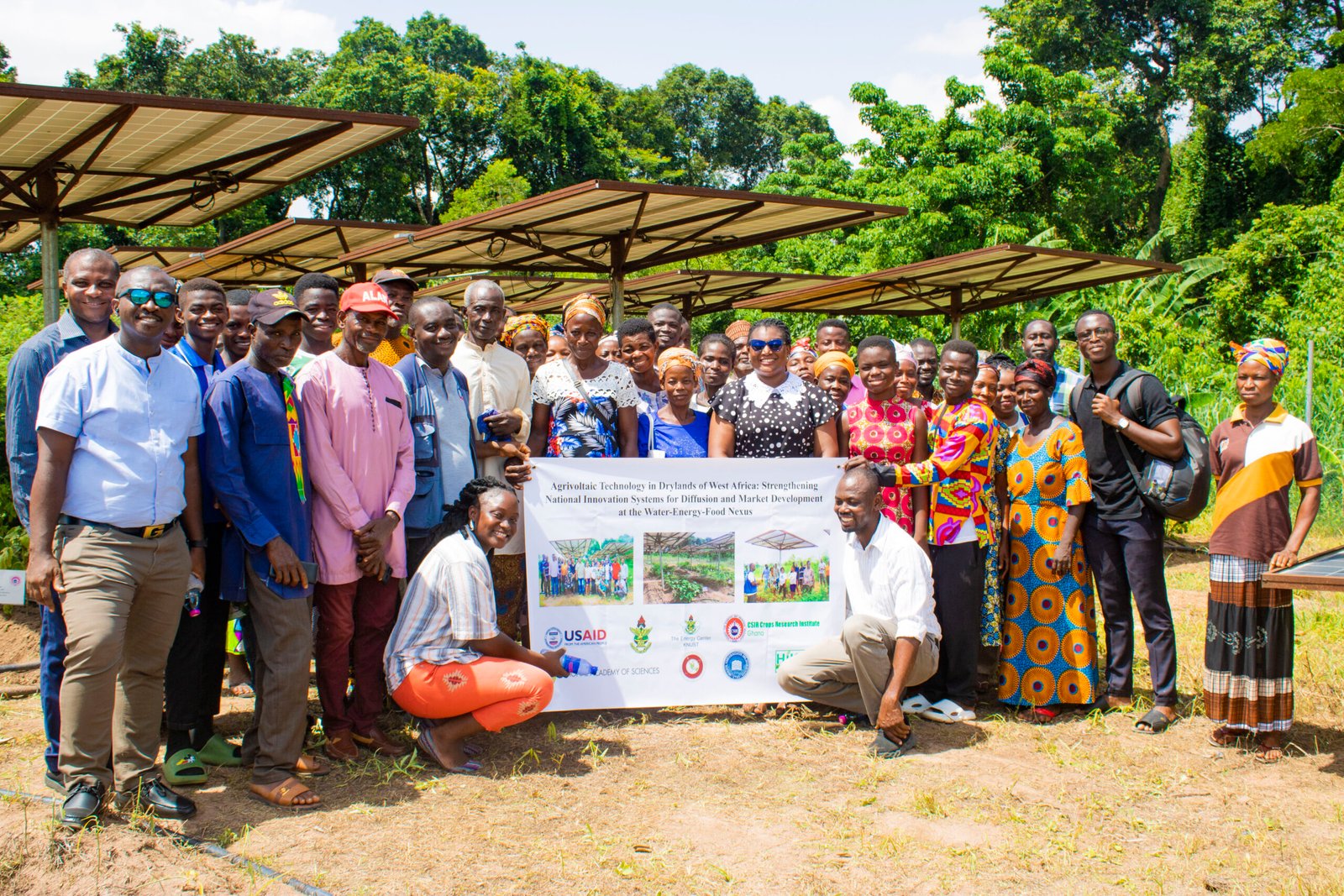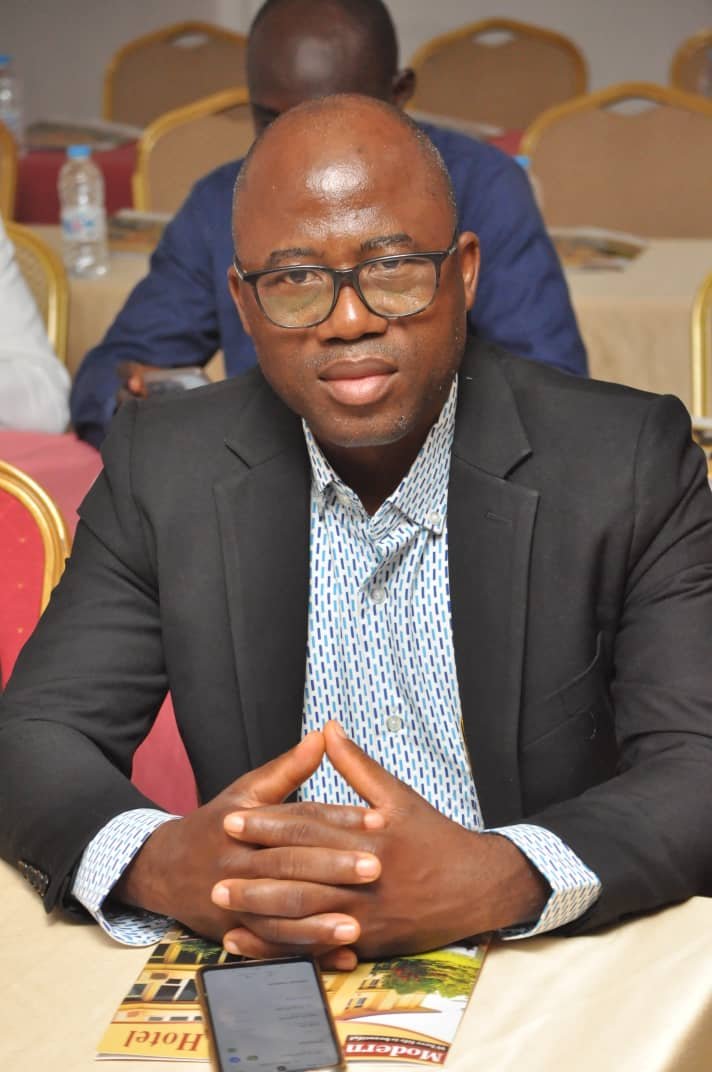Agrivoltaic Technology in Drylands of West Africa: Strengthening National Innovation Systems for Diffusion and Market Development at the WaterEnergy-Food Nexus

Dr. Gyilbag Amatus recently participated in a workshop focused on Agrivoltaic in West Africa, specifically addressing the project “Agrivoltaic Technology in the Drylands of West Africa: Strengthening National Innovation Systems for Diffusion and Market Development at the Water-Energy-Food Nexus.” The workshop was held within the premises of the Modern City Hotel, Tamale, on March 7th, 2024.
The workshop’s agenda included several key activities aimed at understanding and advancing agrivoltaic technology in the region. The session commenced with an overview of project activities in Kumasi and Tamale, emphasizing the unique challenges and opportunities presented by these areas. This introduction sets the stage for in-depth discussions and presentations throughout the workshop.
One of the central presentations explored the initial experimental results of agrivoltaic systems in West Africa. This segment likely covered essential data regarding energy generation, crop yields, and the overall feasibility and performance of the technology within the drylands of the region. Another significant presentation delved into the agricultural landscape, specifically in Northern Ghana. This included discussions on prevailing farming practices, the challenges faced by local farmers, and the potential integration of agrivoltaic technology to bolster productivity and sustainability within these systems.
The workshop also featured a comprehensive overview of Ghana’s renewable energy policy, showcasing the government’s initiatives, incentives, and strategies geared towards promoting the adoption of renewable energy sources, including agrivoltaic systems. Additionally, a presentation focused on technology policy adoption likely explored the regulatory frameworks, stakeholder engagement approaches, and potential barriers hindering the widespread implementation of agrivoltaic technology in the region.

The workshop concluded with a plenary discussion, allowing all participants, including Dr. Gyilbag Amatus, to engage in collaborative dialogues, share insights, pose questions, and identify key takeaways and actionable points for further research or implementation.
